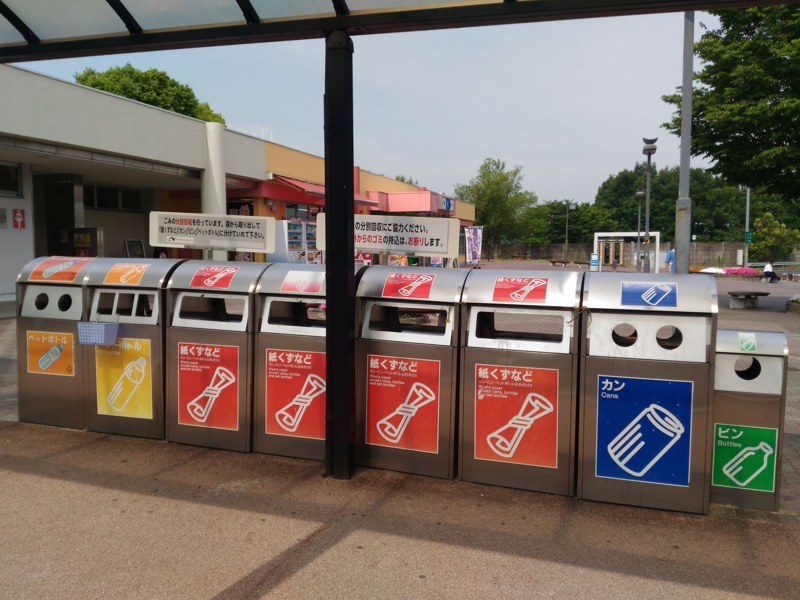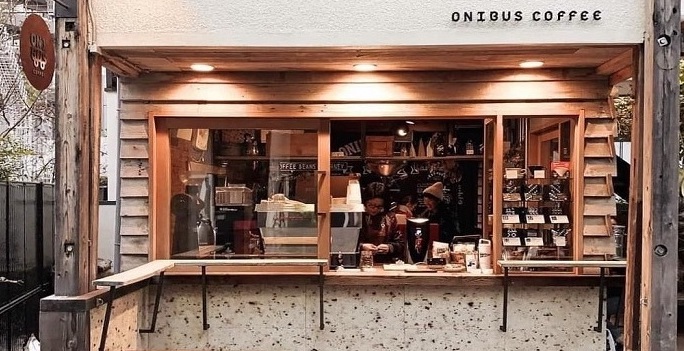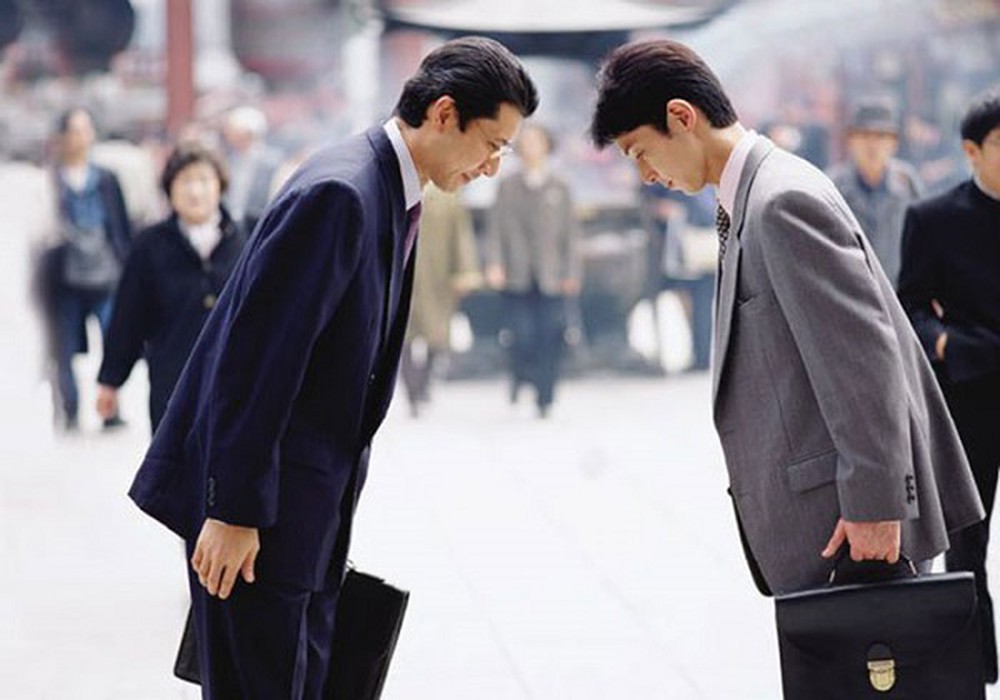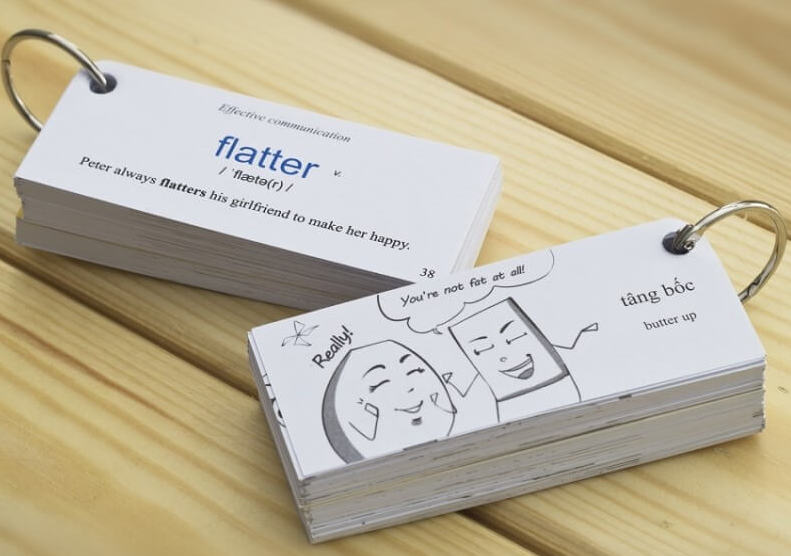1. HOURS
Japan is02 hours earlier thanfromVietnam.For example, in Vietnam is 12 o'clock, in Japan is 2:00 p.mat the same day.
2. CURRENCY
.jpg)
Yen (JPY)
is the currency used in Japan. 1 JPY is equivalent to about 203 VND; 1 USD is
equivalent to 112 JPY. Rates go up and down depending on the time. Japan is a
fairly popular country for cash. When you come to Japan, it is best to bringYen, themost ofhotels,
restaurants and shops will pay with yen, no USD charges.
3. PRIVATE SEAL
In Japan, when a person doany important transactions such as opening a bank account, or signing a housing contract, HANKO's stamp is indispensable. The seal is also used for many jobs in daily life. The seals are ready-made, engraved with typical Japanese surnames and can easilybuy in shops. Foreigners' names, or rare surnames, can be ordered and they will be made for you.
4. RESPECTOF OTHERS 'ASSETS
In Japan, if you drop an umbrella or something precious on the sidewalk, you will find it in the same place or a nearby chair when you return.
5. LINEDU

The Japanese line up in
cold weather - Photo: image.newstomato
From the escalators to the shops everyone lined up in an orderly manner. Even though the train station or the subway is always crowded and especially during the morning rush hour, Japanese people still maintain proper manners.
6. NO LOSS

You should bring the bag and put the garbage in it, not litter indiscriminately.
7. NO WEAR WHEN PURCHASIN

The picture in the
signboard reads: "Vegetables cost 100 yen /each". This is a farmer's
shop in Kagoshima prefecture, Kyushu island in southern Japan - Photo:
AiraKrisma.
Stores in Japan have clearly price lists, no bargaining or discounts. However, in small rural areas, when you buy items such as fruits, vegetables, candies ... sellers are happy to give you a little more.
8. NON-"TIP" CULTURE
Tipping in restaurants is considered rude in Japan. Many people even see it as an act of contempt for them.
9. DO NOT USE SHOES INSIDE HOUSE

Before stepping through the door in any house in Japan, even in a restaurant, you must take off your shoes and put them in the closet, next to there will have slippers for guests.
10. DO NOT DRIVE BIKES IN THE PARK
In Japan, you can notdrive bikes in the park. Parks in Japan are always for pedestrians.
11. RULES FOR USING THE ESCALATOR
When taking the escalator, make sure to stand on the left side and go to the right if you want to run faster. The Japanese peopleadhere to this quite strictly because according to them it shows courtesy to those around them.
12. PEOPLESLEEPING ON THE TRAIN

If someone in Japan does fall asleep and hangs his on your shoulder, accept that, it's very common in Japan. Usually, after stressful work hours or long trips comeback home, everyone gets exhausted and falls asleep on the train.
13. EATING
Japanese main meals are usually bland and not spicy compared to Vietnamese dishes. You can bring some instant noodles or rub cotton to eat more in case you are not familiar with Japanese food. You can also bring some medicine for stomach ache & common d because in Japan, you need a prescription and the price is relatively high.
14. ALWAYS BRING GIFTS WHENVISITINGSOMEONE'S HOUSE

When invited by the Japanese peopleto their house, youshouldbring a gift. To show respect for the owner, gifts should be wrapped carefully inbeautifulpaper and possibly combine with lovely ribbons. In addition, you should not decline if you are given a gift.
15. THANKYOU!

If someone ever helped you, the Japanese peoplealways remember tosay thanksandsee you next time.
Nguồn: Online





